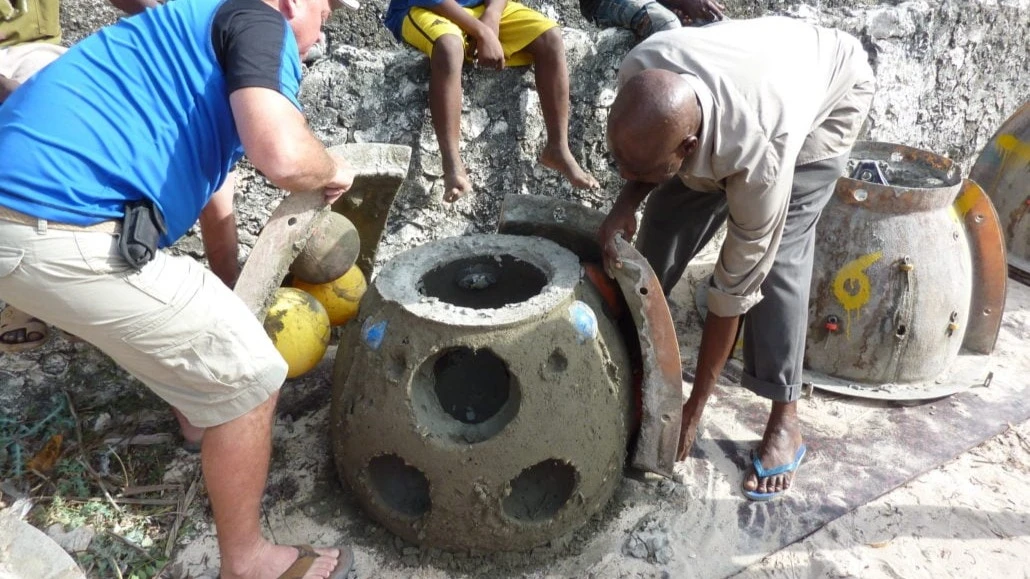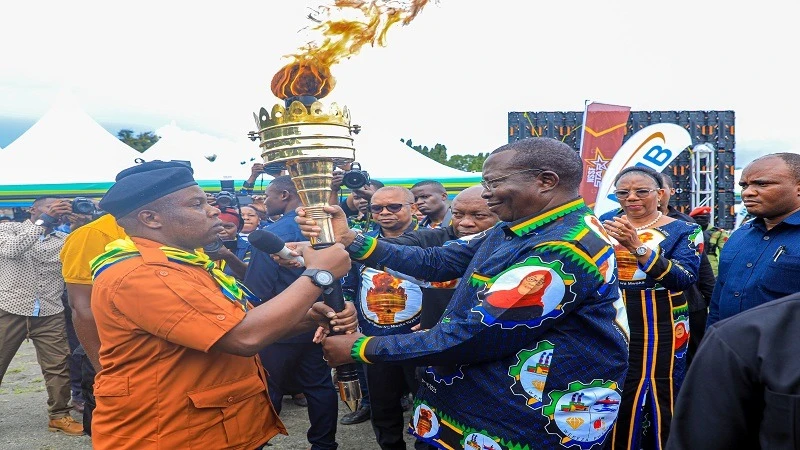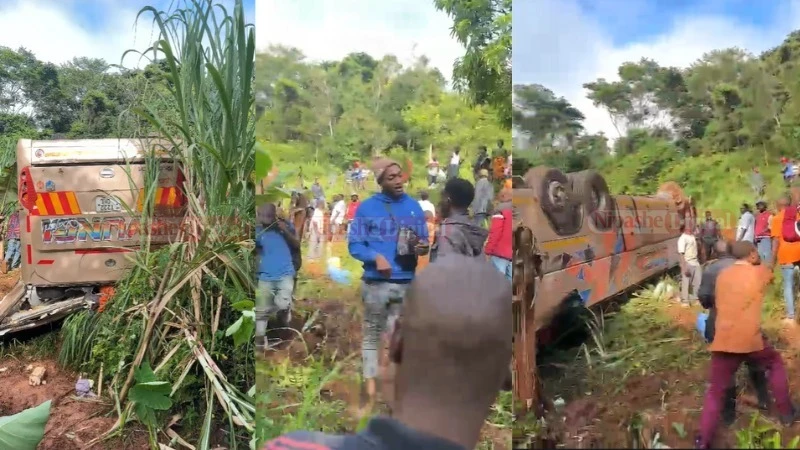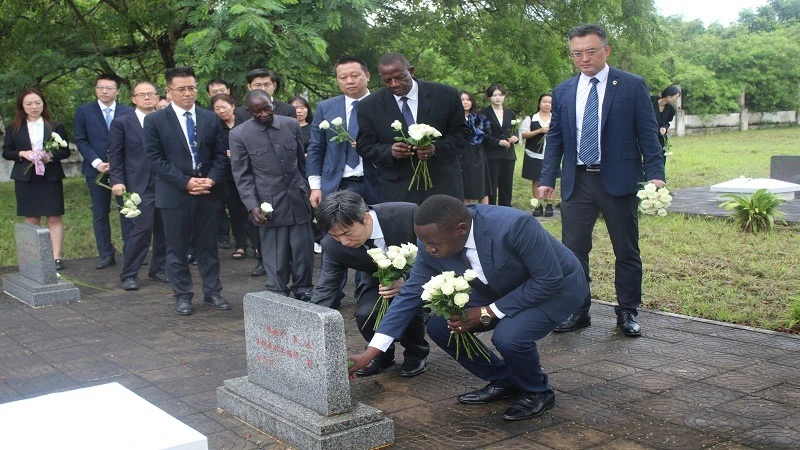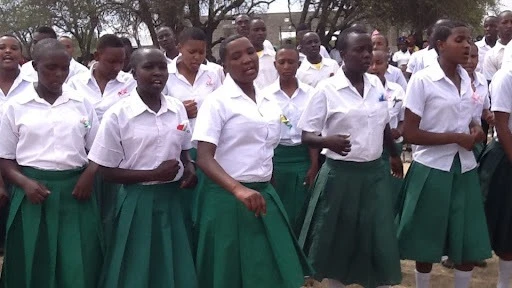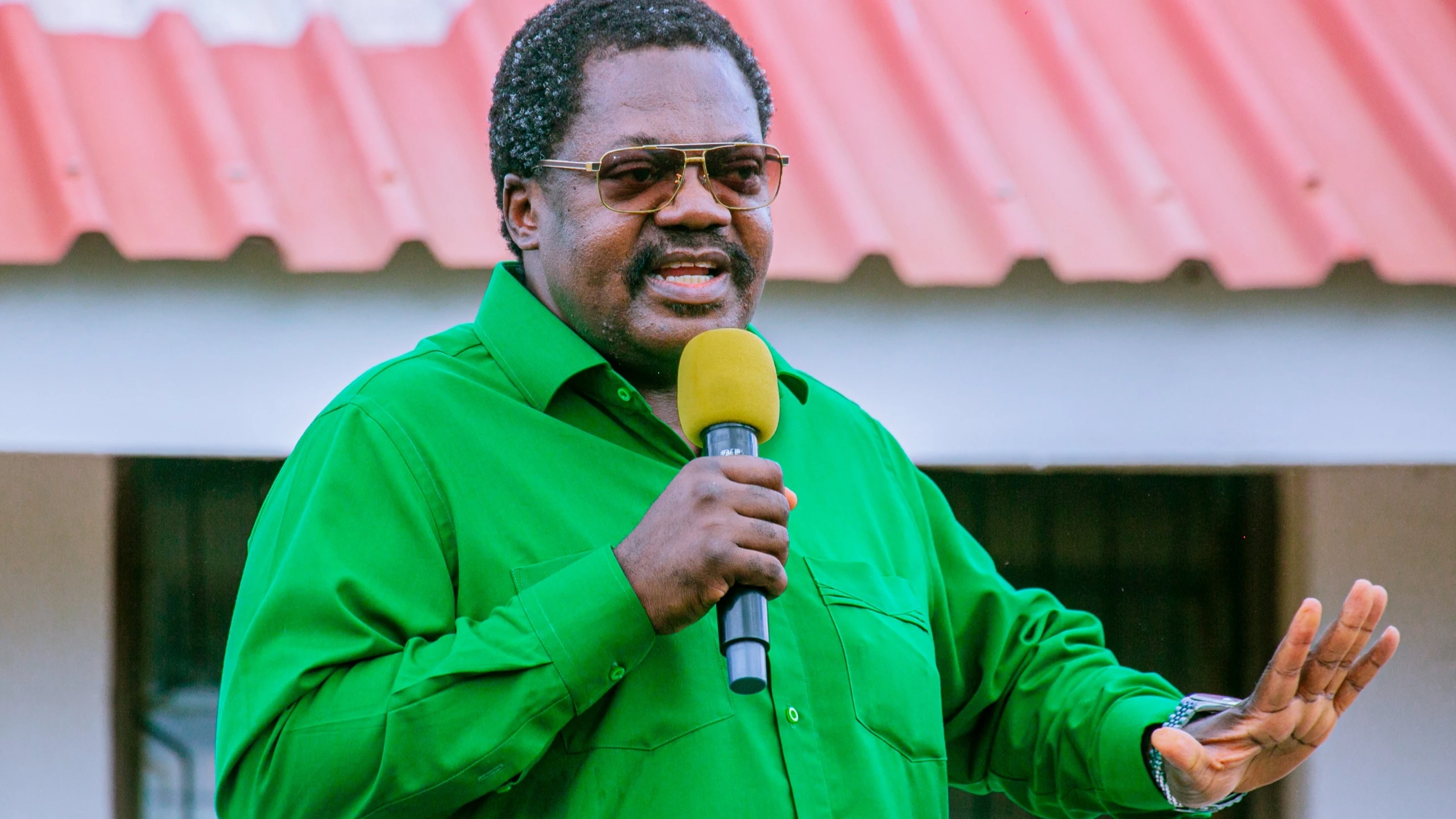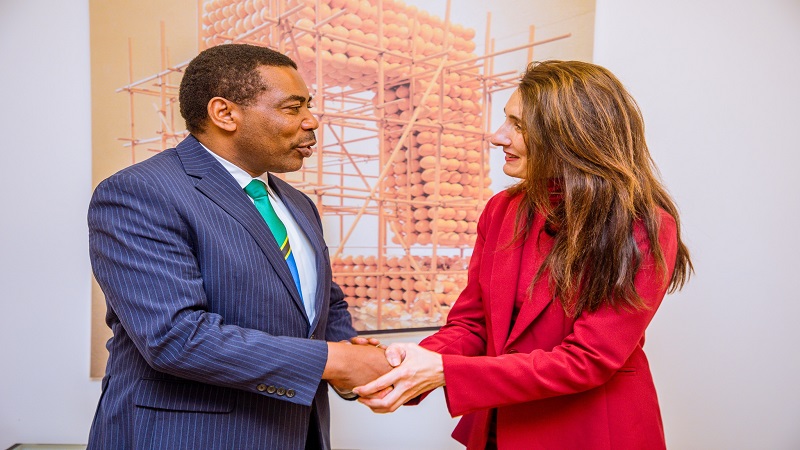Mwapachu: An administrator, ardent Nyerereist and private sector executive
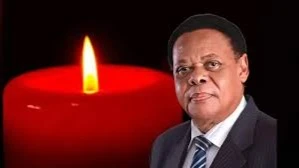
A brief outline of the life of departed diplomat and renowned intellectual among public figures in the past 50 years. Juma Volter Mwapachu (September 27th, 1942 – March 28th 2025) essentially pitches on his highest public office, as East African Community Secretary General from 2006 to 2011.
His other notable roles include being plenipotentiary and Tanzania's permanent delegate to the United Nations Education, Scientific and Cultural Organisation (UNESCO), preceding his EAC posting.
Otherwise, he briefly worked with Regional Administration and Local Governments in the 1970s after his 1969 law degree at the University of Dar es Salaam, as an ardent activist.
Despite being appointed to the EAC position during the early days of the Jakaya Kikwete presidency, Mwapachu was a different generations in his persuasions and intellectual outlook, somewhat in the outlook of JK’s predecessor, Bemjamin Mkapa.
He was a Nyerereist of the old school, debating one line after another in Mwalimu’s key speeches and writings, which lasted until the early years of the 1970s at the time of the revolutionary take-over of intellectual disputes at the Hill.
This shift was also a kiss of death to intellectual debate, whose wider international environment collapsed with the forced villagisation starting 1973, as it sharply reminded Western liberals of the Stalinist collectivization.
Mwapachu would have been part of the liberal supporters of Mwalimu’s thinking in his attachment to humanism and socialism as a humanist ideal as well. The rejection of Westernism as a whole after Dr. Walter Rodney’s ‘How Europe Underdeveloped Africa’ rapidly ruined all reference to basic humanism, making Mwalimu’s thinking just a part the global anti-imperialist alliance, no longer interested in the relationship between democracy and socialism, etc.
It was in that context not surprising that Mwapachu left regional administration fairly early in the day, moving to corporate administration where his political mood wouldn’t be under scrutiny each passing day, as it were.
The shift in the life and work of the late Mwapachu similarly reminds one of the last chapter of a titanic figure in post-independence East Africa, Kenya’s alienated Vice President Jaramogi Ajuma Ogimga Odinga whose epochal autobiography, ‘Not Yet Uhuru’ appeared at the time that Mwapachu was exiting the university college after his law degree, in 1969.
In the last chapter Jaramogi explains his method of retaining civic autonomy from the rulers, by ’independence through business,’ as Mwapachu branched off from state administrator to corporate lawyer and organizer, not only in state corporate entities but as a partner in the budding private sector as reforms started in earnest during the mid-1980s.
The life and times of the late Mwapachu remind one of the atmospheres around those of his age and experience, the way they partied company with elements or aspects of Mwalimu’s leadership, and the sort of affinities that built between them or separated them.
One is the late Benjamin Mkapa who had a filial allegiance to Nyerere rather than just being a student, the late Iddi Simba who once headed the East African Development Bank and similarly linked to Mwapachu at the time of his death in November 2020. One daily newspaper wrote that Iddi Simba, a former Industry and Trade minister, authored the concept of indigenization, which was faulty. The history was arguably a bit twisted.
As a leader of businessmen at the Tanzania Confederation of Industry he rejected indigenization as espoused by the Tanzania Chamber of Commerce, Industry and Agriculture (TCCIA) citing this divisive policy (as the newspaper called it) as the reason to quit TCCIA ranks around 1989.
Still in the next decade, as he sought a parliamentary position, he started espousing indigenization, as its author, former parliamentary dissident Wilfrem Mwakitwange, was overwhelmed seeking to make his Popular National Party stand on its feet, ruined his business and difficulties overcame him.
Many of the old liberal school were attached to rainbow business alliances, unlike petty bourgeois upstarts; it is how Mwapachu joined Edward Lowassa in the 2015 stand-off in CCM, as a good friend of business.
What is somewhat tantalizing is to see how these schools of thought fit into the current situation, as at any rate most of those mourning our 1960s or 1970s activists as they leave one after another have bits and pieces of the past, often latching on to latter day episodes during the Mkapa presidency in the main.
That is also part of the political standoff on the multiparty state since it was an opportune moment to restore the liberal affiliation with socialism in the sense of a caring state but it ossified into caring for the state, and that isn’t changing soon.
Mwapachu diminished bureaucratic prerogatives and with the savings, ignited an infrastructure revolution that changed the face of the country but in so doing, cultivated the spirit of contempt for democracy that risks becoming key ethos of CCM cadres.
At the moment, while the crop of students keenly devoted to Mwalimu’s early writings like Mwapachu leave the stage, it is unlikely that these writings will be rediscovered by the current generation, as it is torn between two hostile sides.
The dominant side which calls the shots in upper ranks of the ruling party and the government is just attached to nationalism – unity, peace, stability, growth – and have only a passing attachment to liberal values, including democracy.
The other side is civic opposition and its organised political groups, who have no idea of economic reform, take unity for granted and want liberal democracy merely as political behaviour, and with the pressure from the development partners likely to diminish rather than increasing, it needs a miracle for democracy to still prevail.
Top Headlines
© 2025 IPPMEDIA.COM. ALL RIGHTS RESERVED












